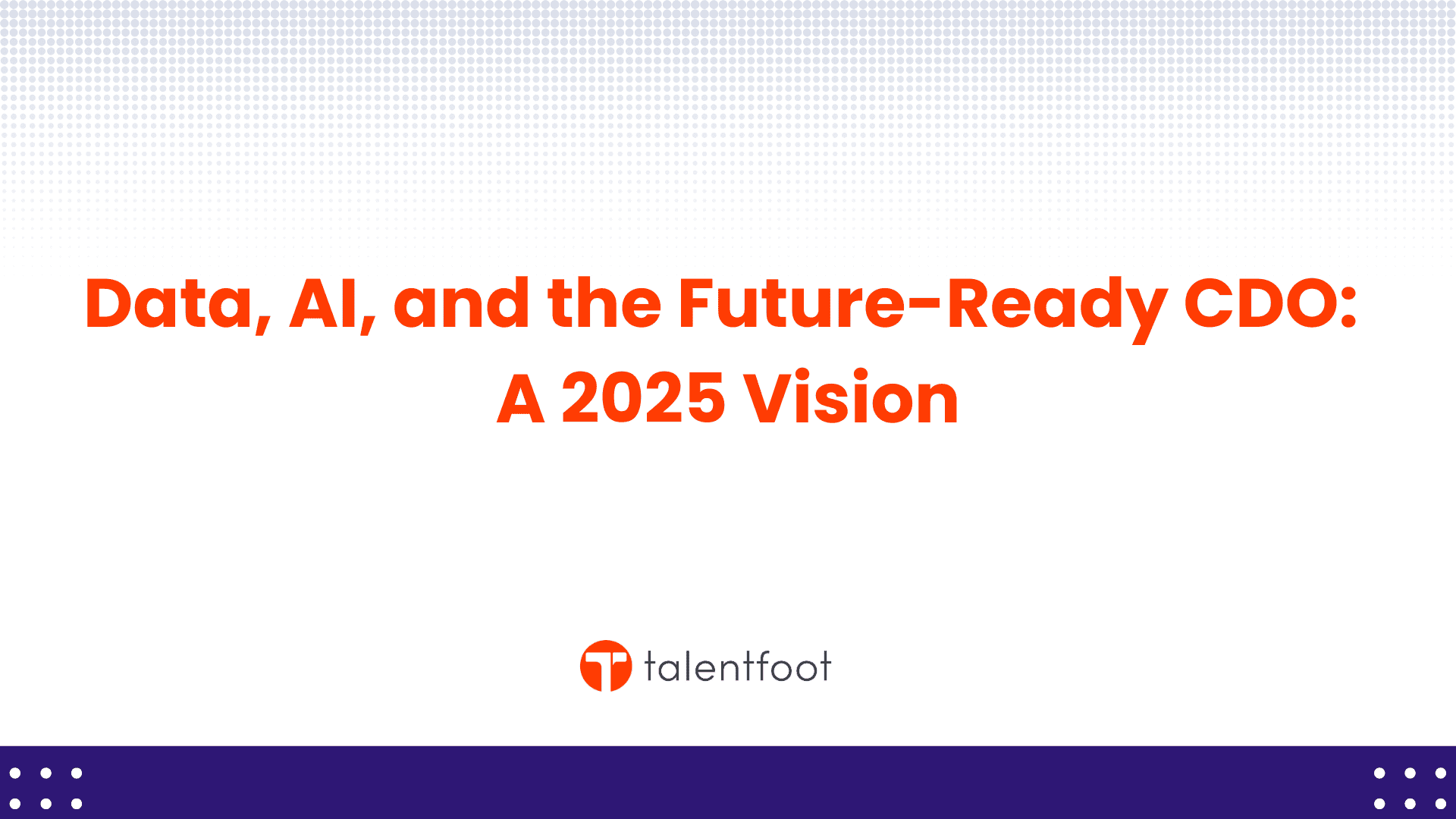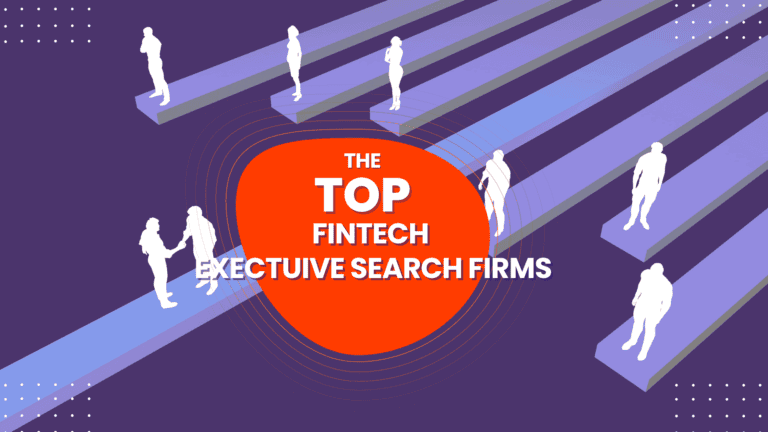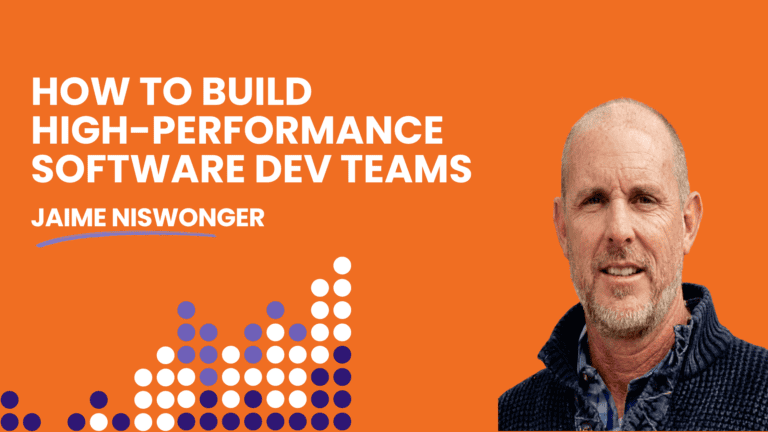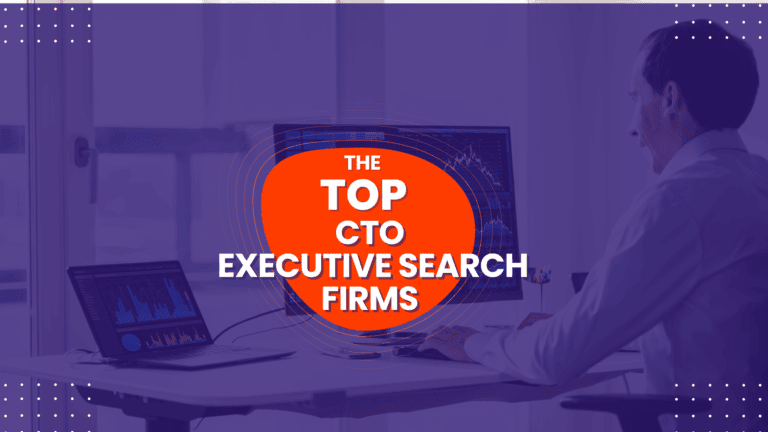As organizations navigate the complexities of a data-driven world, the role of the Chief Data Officer (CDO) has emerged as pivotal to driving innovation and business growth. To explore the opportunities and challenges for the Chief Data Officer in 2025, Talentfoot hosted an engaging LinkedIn Live event, “Data, AI, and the Future-Ready CDO: A 2025 Vision.”
Featuring insights from industry experts Jeffrey Voorhees and Matthew Knapp, this session offered actionable strategies for CDOs and aspiring data leaders to excel in an increasingly AI-driven environment. Moderated by Tim Bromley, Executive Senior Partner and Technology Practice Lead at Talentfoot, the conversation covered critical topics, from AI integration to earning a seat at the C-suite table.
Watch the webinar here:
Key Takeaways from the Discussion
1. Opportunities in the Evolving Role of the Chief Data Officer
The CDO role has transformed significantly over the past decade. Once narrowly focused on data governance, it now encompasses strategy, technology, and business impact. Jeffrey Voorhees emphasized that today’s CDO must bridge technology and business priorities, acting as both a strategist and a consultant.
“The CDO role has evolved from purely defensive to fundamentally consulting-focused, helping organizations see what’s possible and delivering tangible value.” – Jeffrey Voorhees [6:15]
Key Attributes of a Modern CDO:
- Deep understanding of both data and business strategy.
- The ability to communicate measurable value to stakeholders.
- A proactive approach to identifying organizational needs and delivering solutions.
Actionable Advice:
- Develop a clear strategy and roadmap that aligns with organizational goals.
- Position yourself as a business partner, not just a technical expert.
2. Challenges and Opportunities in Driving AI Integration Within Data Organizations
Matthew Knapp highlighted the transformative potential of AI for data organizations. From audience segmentation to automating repetitive tasks, AI tools are unlocking efficiencies and driving innovation. However, success requires thoughtful change management and an emphasis on AI literacy across the organization.
“Generative AI has broken down barriers between data engineers, scientists, and developers, enabling faster and more efficient product development.” – Matthew Knapp [20:22]
Best Practices for AI Integration:
- Extend data literacy programs to include AI education for all employees.
- Focus on building trust and alignment with cross-functional teams.
- Use AI to empower non-technical staff, enabling them to derive insights and take action independently.
Actionable Advice:
- Start small with AI projects that yield quick wins and measurable results.
- Regularly communicate the impact of AI initiatives to stakeholders.
3. Build vs. Buy: Deciding on Data Solutions
When determining whether to build or buy data solutions, the panelists agreed on the importance of aligning decisions with organizational needs and resources. Jeffrey Voorhees underscored the need to assess performance, internal capabilities, and costs before committing to a path.
“Think of it like buying a suit: an off-the-rack solution may work, but a bespoke option tailored to your needs will almost always perform better.” – Jeffrey Voorhees [33:09]
Key Questions to Consider:
- Will building the solution in-house deliver better performance?
- Do we have the internal talent and appetite for development?
- How long will it take to implement, and is there a viable off-the-shelf alternative?
Actionable Advice:
- For highly specialized solutions, building in-house may yield better results.
- For commodity tools, prioritize speed and efficiency by leveraging third-party platforms.
4. Preparing for Opportunities and Challenges in 2025
Looking ahead, CDOs must prioritize strategy, communication, and data literacy to drive success. As Matthew Knapp noted, building a data-savvy workforce is essential for scaling AI-driven initiatives and maintaining compliance.
“Articulating a clear strategy and roadmap that aligns with organizational goals is what will set successful CDOs apart in 2025.” – Jeffrey Voorhees [39:01]
Top Priorities for 2025:
- Articulate a clear vision and roadmap for data initiatives.
- Train employees to make informed decisions using data tools.
- Focus on delivering measurable value that aligns with organizational goals.
Actionable Advice:
- Regularly update stakeholders on progress and milestones.
- Invest in ongoing education to ensure employees use data tools effectively and responsibly.
Insights from the Q&A Session
During the live Q&A, attendees posed questions about transitioning into CDO roles and building effective data teams. Here are some standout insights:
On Breaking into the CDO Role:
“Understand who your key stakeholders are and deliver value that aligns with their needs. Visibility and measurable impact are critical.” – Jeffrey Voorhees [43:28]
Actionable Advice:
- Focus on delivering measurable business value to gain recognition.
- Build relationships with key stakeholders and communicate your impact clearly.
On Building Future-Ready Data Teams:
“Look for self-learners with curiosity and a drive to explore emerging technologies. These are the individuals who will thrive in fast-changing environments.” – Matthew Knapp [46:27]
Actionable Advice:
- Prioritize candidates with technical expertise and a track record of independent learning.
- Foster a culture of innovation by encouraging team members to explore new tools and techniques.
On Communicating ROI to Non-Technical Stakeholders:
“Put yourself in their shoes and ask, ‘Why would they want to do this?’ Then communicate the value in terms that resonate with them.” – Jeffrey Voorhees [48:26]
Actionable Advice:
- Identify early KPIs to track progress and communicate wins.
- Frame initiatives in terms of their tangible benefits to the organization.
Final Thoughts
The opportunities and challenges for the Chief Data Officer in 2025 demand adaptability, strategic thinking, and an unwavering focus on creating business value. As AI continues to reshape the data landscape, CDOs have a unique opportunity to lead with innovation and impact.
We thank Jeffrey Voorhees and Matthew Knapp for their invaluable insights and our audience for their thoughtful questions and engagement. To stay ahead in your data career or build a future-ready data team, connect with Talentfoot’s Technology Practice.




